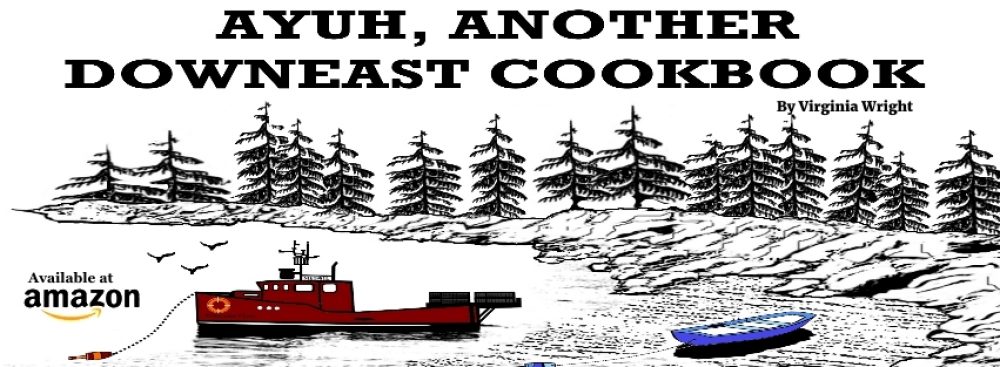Peavey Memorial Library in Eastport, Maine was very kind in hosting my author read this month. I read my latest book release “Crying Bear, Yes Bears Cry Sometimes Too.” All children that attended the read received coloring sheets, crayons, stickers, and their choice of one of my books.
Machias News Observer reporter, Ruth Leubecker, sat in on the read and did an interview. A great article and photo went in the newspaper the following week. Many thanks go out to you Ruth for making the trip to Eastport, Maine to do a story on me!
Any school interested in hiring me to do an author visit please contact:
info [at] virginiawright [dot] com
I will be more than happy to go over my fee, and program.
~Virginia




